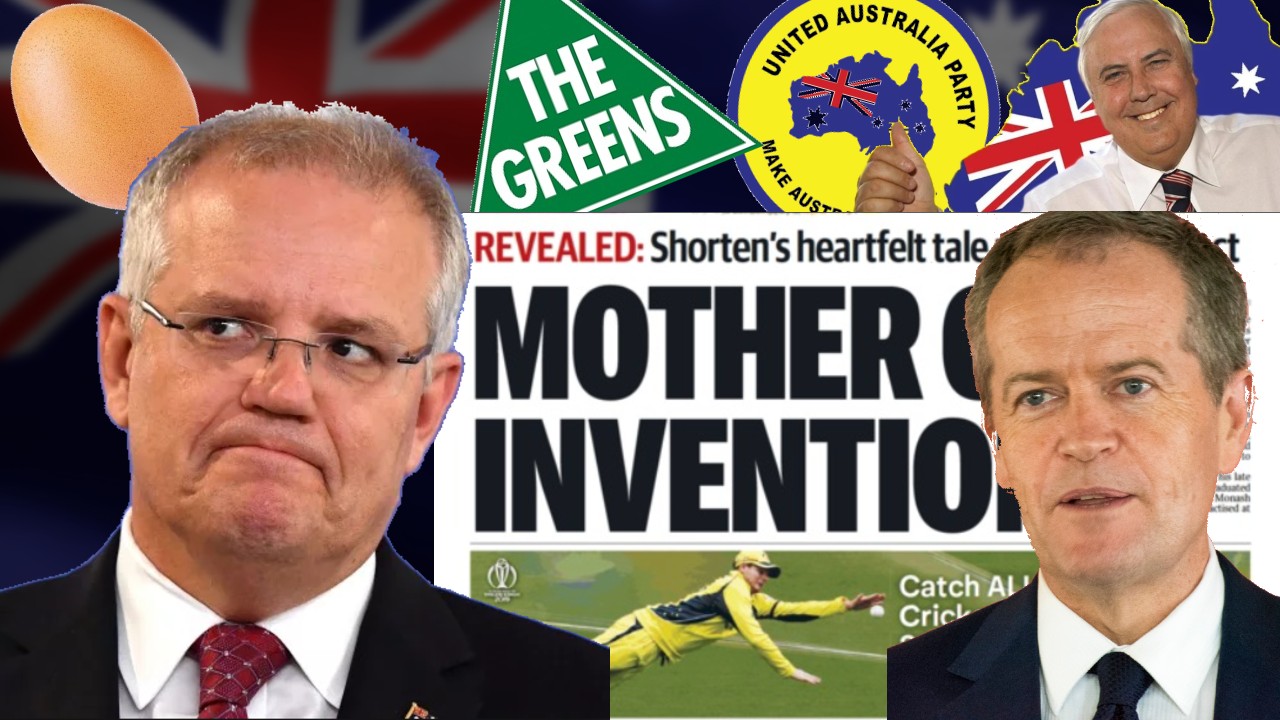Ad regulations, ABC funding, and media ownership: here’s how the parties’ policies stack up this election
As we hurtle towards election day, Mumbrella’s Brittney Rigby asked the various political parties and key independent candidates where they stand on issues impacting the media and marketing industries. She had mixed luck in her quest to discover what they would do should they wield power.
It’s the final week of an election campaign that has been filled with eggs, a News Corp vs Bill Shorten battle, and too many billboards featuring Clive Palmer to count. We can count how much his United Australia Party (UAP) will end up spending on advertising though; UAP Senator Brian Burston predicted the total bill will be around the $60m mark, a figure usually reserved for global behemoths like McDonald’s or Apple.
And the ads have been everywhere, from everyone. Shorten is the ‘Bill Australia can’t afford’, according to the Liberal party, a line they’ve repeatedly pulled out to reinforce the official slogan: ‘Building our economy, securing your future’. Labor has promised ‘A fair go for Australia’. And the news outlets have reinforced the importance of accuracy during an election campaign: ‘The truth builds trust’, said News Corp, while Nine declared that ‘You deserve to know’. Metamucil joked that we should ‘vote for the turd we deserve’. And, according to the unions, we need to change the rules by changing the government.
But where do this election’s candidates stand when it comes to the media and marketing industries? And what are their communications policies?



Please get Joe to go to Molly Meldrum’s Dr to stop him from saying UM in nearly every sentance